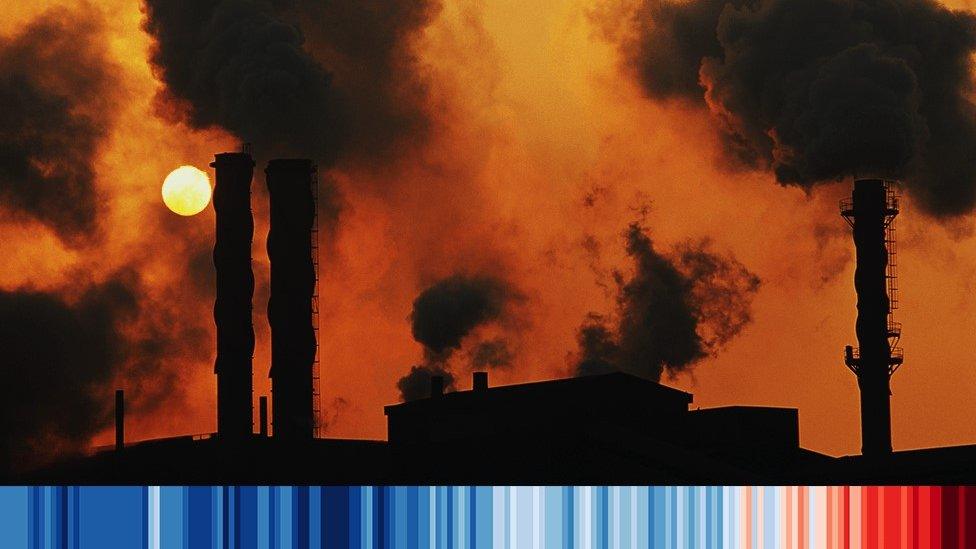Will COP27 be any different to the Glasgow summit?
- Published

It's a year since the COP26 summit that saw thousands of delegates and more than 100 world leaders descend on Glasgow. As the next annual climate conference gets under way in Egypt this week, BBC Scotland looks at some of the factors from the last 12 months that will influence talks.

This year's extreme weather in Scotland and across the globe must focus minds at the COP27 summit, a leading academic has warned.
Prof Elizabeth Bomberg says storms, heatwaves and droughts seen since the Glasgow conference are a reminder of the impact of climate change.
But there are concerns that the war in Ukraine and associated global energy crisis could derail the process.
World leaders are gathering in the Egyptian resort of Sharm El Sheikh for the two week long gathering.
Prof Bomberg, who specialises in environmental politics at the University of Edinburgh, says while most countries have failed to increase their commitments since Glasgow there are notable exceptions.
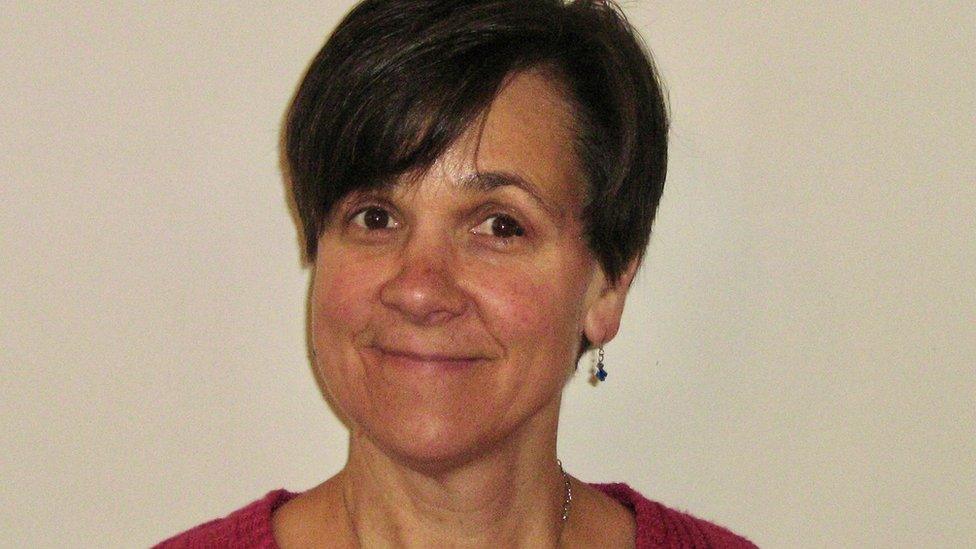
Prof Elizabeth Bomberg of the University of Edinburgh
"For several, including quite large countries (like) Australia, Indonesia and the US, there has been some remarkable progress because of a change in government or some ambitious domestic legislation," she said.
"But for most states they have really struggled.
"That means that we are not on track to achieve that collective goal of limiting warming to 2, if not 1.5, degrees."
A report on the "emissions gap" last month from the UN Environment Programme warned of a "rapidly closing window" to meet those temperature targets agreed in Paris in 2015.
As Russian gas supplies have been cut off, Prof Bomberg says governments have taken desperate measures to increase energy supplies which mainly involved increasing the use of fossil fuels.
But as time goes on, she says there's been much discussion about the need to move more quickly towards a low carbon economy.
'Negotiations based on trust'
At COP26 in Glasgow, countries committed to coming back to the table this year with stronger commitments to reduce their greenhouse gas emissions.
As the conference begins in the Red Sea resort, only 26 fresh pledges have been counted.
While the last year has seen a great deal of political instability, Sepi Golzari-Munro from the Global Wind Energy Council says we mustn't forget that the Glasgow conference happened at the tail end of a global pandemic.
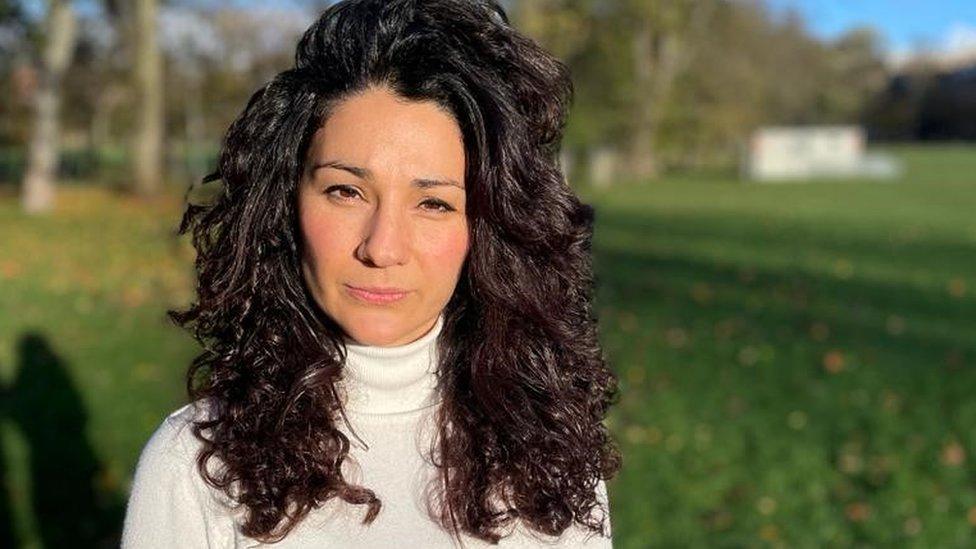
Sepi Golzari-Munro from the Global Wind Energy Council
She points out that vaccine distribution "had really broken down trust between the developed and developing world" and that there was "tension between some of the great powers."
She adds: "These international negotiations are all based on trust, really. You have to be able to build trust and rely on trust between the parties in order to make progress."
'Leaders still care about climate'
Building trust at COP27 is going to be a big issue since industrialised countries have still not met a pledge to deliver $100bn (£87bn) per year of finance for countries hit hardest by climate change.
It will be one of the central issues of this meeting.
But many leaders are going into it worried most about the financial situation at home, as the cost of living increases.
Prime Minister Rishi Sunak had said he wouldn't be attending and instead focusing on the November budget.
But after criticism for the decision, Downing Street said he would be going after all.
Scotland's First Minister Nicola Sturgeon will also be in attendance.
Chris Stark, chief executive of the Climate Change Committee, says the change of heart demonstrates the importance of not abandoning the issue.
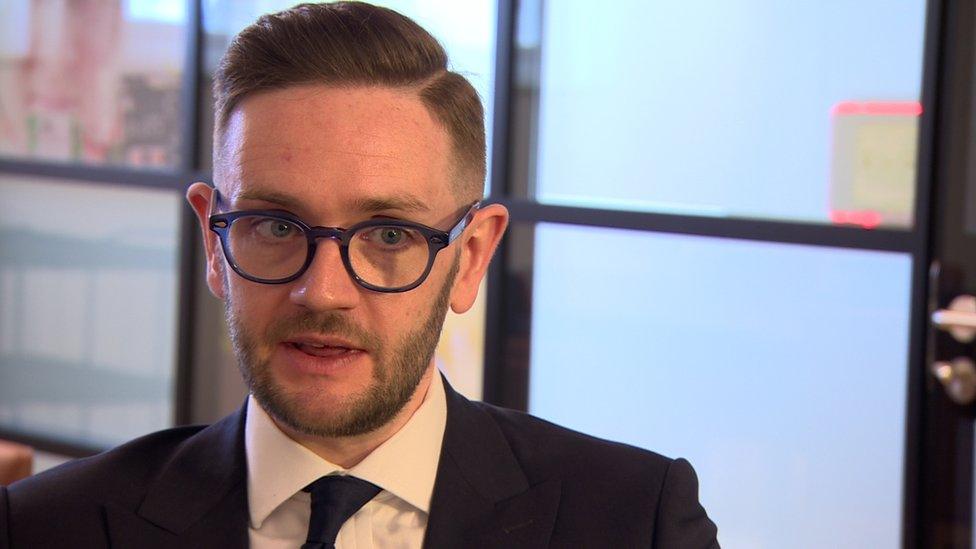
Chris Stark as he spoke to the BBC in 2019
He said: "People still care about climate change and therefore politicians still care about climate change.
"And we've also seen that the quickest possible way to get ourselves off these very price-volatile fossil fuels is to become more energy efficient and to build renewable energy generation.
"I think politicians understand that - even the brand of politician that we have today. Even though it's not the focus, it's still the plan that we keep going on net-zero."
'Young people will be heard'
Protests at COP27 are likely to be much more muted than they were in Glasgow last year.
Attendees have been warned that the authorities are less likely to be tolerant of demonstrations.
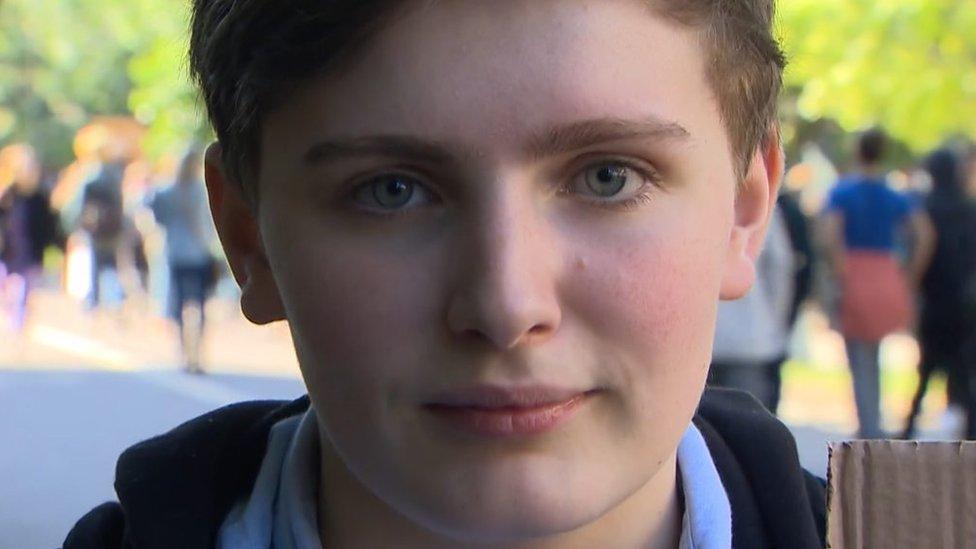
Dylan Hamilton from the Fridays for Future campaign group
But Dylan Hamilton, from Fridays for Future, says young people in Scotland still intend to make their voices heard during the summit.
"Morally I have to do something, even if it doesn't achieve what I'm looking for," he said.
"But I do think there will be a change in tactics and I think we've already seen that, because we've tried it the nice way."

- Published2 November 2022
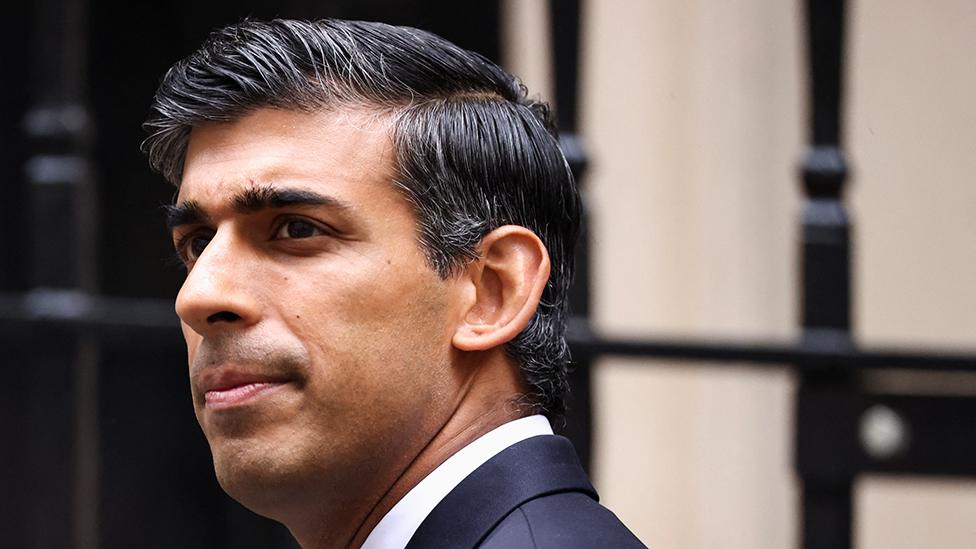
- Published20 November 2022

- Published4 November 2022
